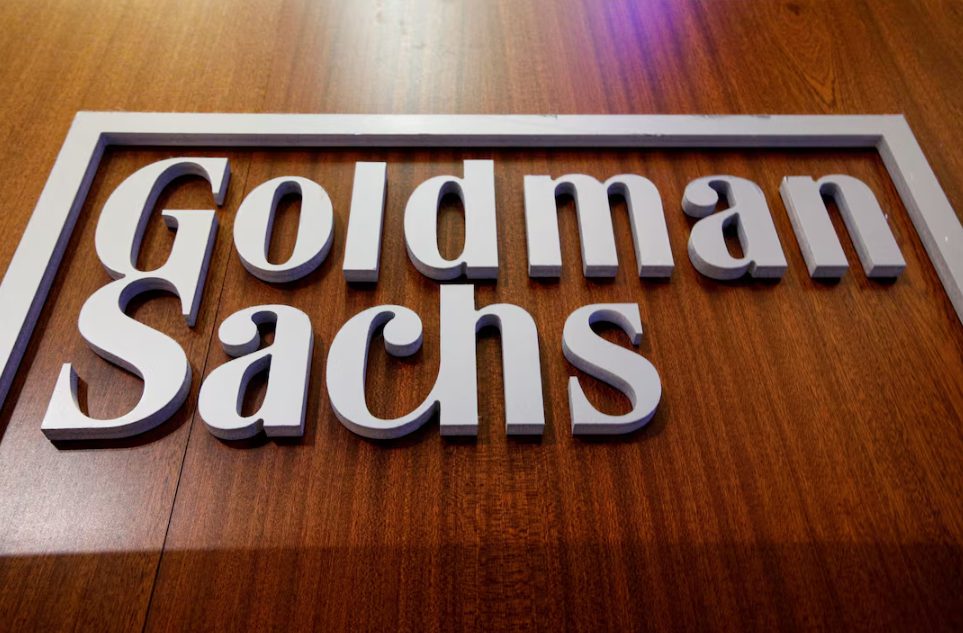Huawei’s Chip Surge Threatens US Tech Dominance—Can America Keep Up?
Silicon shockwaves as Huawei's advanced chips go global at warp speed. The US tech crown is wobbling—and Wall Street's counting its missed bets.
How Huawei outmaneuvered sanctions
While DC slept, Huawei rebuilt its supply chain brick by brick. Now its 7nm chips power everything from smartphones to smart cities—no US tech required.
The new semiconductor world order
Trade war? What trade war? Huawei's chips are already in 40+ countries, with market share growing faster than a crypto bull run. Analysts whisper: 'TSMC who?'
Innovation's ironic twist
The very sanctions meant to cripple Huawei forced it to innovate. Now its chip designs rival Qualcomm's—and cost 20% less. Take that, American exceptionalism.
Wall Street's trillion-dollar oops
Short-sighted investors who bet against Chinese tech are now scrambling like Bitcoin maximalists in a CBDC world. The lesson? Never underestimate human ingenuity—especially when it's backed by state capital.
China’s AI Gains, DeepSeek’s Surge, and Risks to US Tech Power

DeepSeek Changes Everything About Chinese AI Progress
The launch of DeepSeek fundamentally shifted how experts view China’s AI capabilities right now, and the US chip export rules haven’t slowed this progress as intended. Before this breakthrough came along, industry experts believed China AI models were years behind American counterparts – but that assumption got shattered pretty quickly.
David Sacks was clear about the fact that:
While Sacks estimates China remains one and a half to two years behind the US in chip design at the time of writing, companies like Huawei are moving fast to close this gap. The speed suggests US chip export rules have been less effective than hoped, and Huawei chip exports could soon challenge American dominance globally through advanced DeepSeek AI innovation.
Export Controls May Actually Accelerate Chinese Independence
Critics argue US chip export rules are achieving the opposite of their intended effect, and the evidence is mounting. By restricting access to American semiconductors, these policies drive Chinese companies toward domestic alternatives and spur government investment in homegrown technology development.
Nvidia CEO Jensen Huang criticized the policy at Computex Taipei in May:
Huang also mentioned that the market share of Nvidia in China was reduced by 95 percent to 50 percent in four years. This is evidence of US tech hegemony being chipped away as China AI prototypes and the DeepSeek AI technology are developing at lightning speed at the expense of Huawei exporting chips to the rest of the world.
Huawei’s Global Strategy Threatens US Market Share

David Sacks expressed particular concern about Huawei’s potential global expansion despite current supply constraints. The Chinese tech giant plans to export chips internationally before fully catching up to American technology, and this strategy could allow them to capture global market share while the US government restricts its own firms through US chip export rules.
David Sacks warned about the long-term consequences:
He added:
Market Analysis Shows Policy Failure
Bernstein analysts noted in April that banning chips is unlikely to halt China’s AI progress, as Chinese firms increasingly turn to domestic alternatives. The transformation threatens US tech dominance as Huawei chip exports gain ground and China AI models improve through DeepSeek AI innovation at an unprecedented pace.
David Sacks emphasized the strategic miscalculation of overly restrictive US chip export rules:
The semiconductor industry faces a crossroads where current US chip export rules may determine whether American companies maintain leadership or lose ground to rapidly advancing Chinese competitors leveraging Huawei chip exports and China AI models right now.

